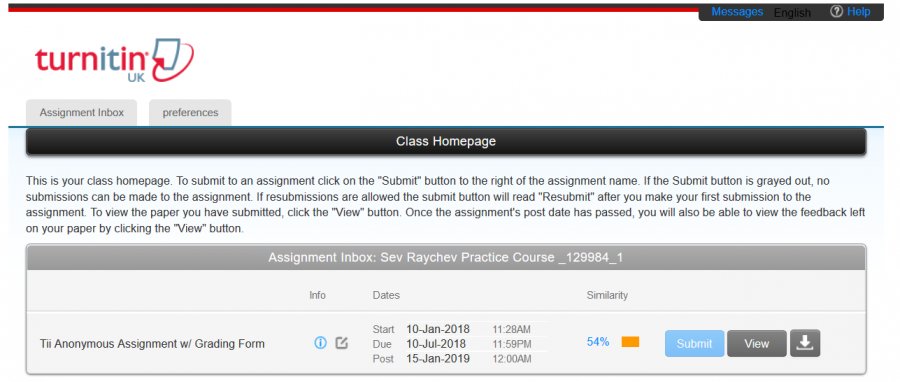Why Procrastination Works
Procrastination is the universal language for students at Boston Latin School, where students with workloads full of AP classes and extracurriculars delay their next math projects in search of time away from their hectic academic schedules. Despite this common occurrence, procrastination carries a negative stigma: being held responsible among teachers and students alike for stress and low-quality work. Although it seems like an ineffective way of working, procrastination can in fact be used to garner an advantage in academics and efficiency — as long as students know how to manage it well.
For the Latin geeks out there, procrastination comes from the Latin verb procrastinare, which means “to put off until tomorrow.” Procrastination comes from a fear of failure, a lack of motivation or acts as an escape from negative feelings of stress and perfection. Many turn to video games or work on something else on their to-do list before fully committing to the work at hand.
Doing these things, however, should not always be shamed. People have different styles of work, with some relying more on external pressures, such as deadlines, rather than internal pressures to complete work. There is nothing wrong with that as they are completing the work better, thriving under the close deadline, albeit much later.
As an overthinker, working best near deadlines holds true, since putting off tasks can help one overcome perfectionist traits. Working on tasks ahead of time causes perfectionists to over-analyze while working because the abundance of time allows them to complete an assignment to perfection.
Overthinking and perfectionism not only lead to inefficient use of time, but also make fairly simple tasks more complicated than is necessary. Emily Zhao (III) agrees and adds that “Over-analyzing can sometimes cause unnecessary stress, which is not worth the time [for perfection].”
When students know that they do not have as much time to complete an assignment, instead of wasting precious minutes by thinking too much about every line they are writing, they will be forced to finish the task and worry about the smaller details later.
Emma Shay-Tannas (IV) agrees, saying, “Yes, […] In any assignment, just giving myself a break away from thinking is the only way [to come up with good ideas].”
Furthermore, those who procrastinate tend to use less effort and time doing assignments and statistically tend to be more creative than if one were to complete it immediately because they would have had time to think before acting on an assignment.
In Adam Grant’s Ted Talk, “The Surprising Habits of Original Thinkers,” workers who procrastinated were judged to be more creative and original compared to their coworkers who did not. The study, however, has also shown that there are downsides to extreme procrastinating. To be successful in procrastinating, there are boundaries that need to be regulated.
For students who do procrastinate, they should strive to be moderate and active procrastinators, and should direct their attention to “procrastinating well.” According to the National Library of Medicine, “Passive procrastinators are procrastinators in the traditional sense. They are paralyzed by their indecision to act and fail to complete tasks on time. In contrast, active procrastinators are a ‘positive’ type of procrastinator. They prefer to work under pressure, and they make deliberate decisions to procrastinate.”
By actively procrastinating, students can get other things done while purposely delaying the main task, therefore completing other tasks while also using time away from the assignment to come up with original ideas that they might not otherwise.
Of course, it should be noted that although there are many benefits to procrastinating, it may cause problems for some while solving them for others. There are definitely the “precrastinators,” or those who are successful while completing the work way ahead of deadlines. But there are also the extreme procrastinators, who need to work on turning in assignments on time. It largely depends on the person, and students should always strive to do whatever works best for them.
If it works for you, go off, delay that task and don’t stop procrastinating, but remember to get your work in before the deadline!







